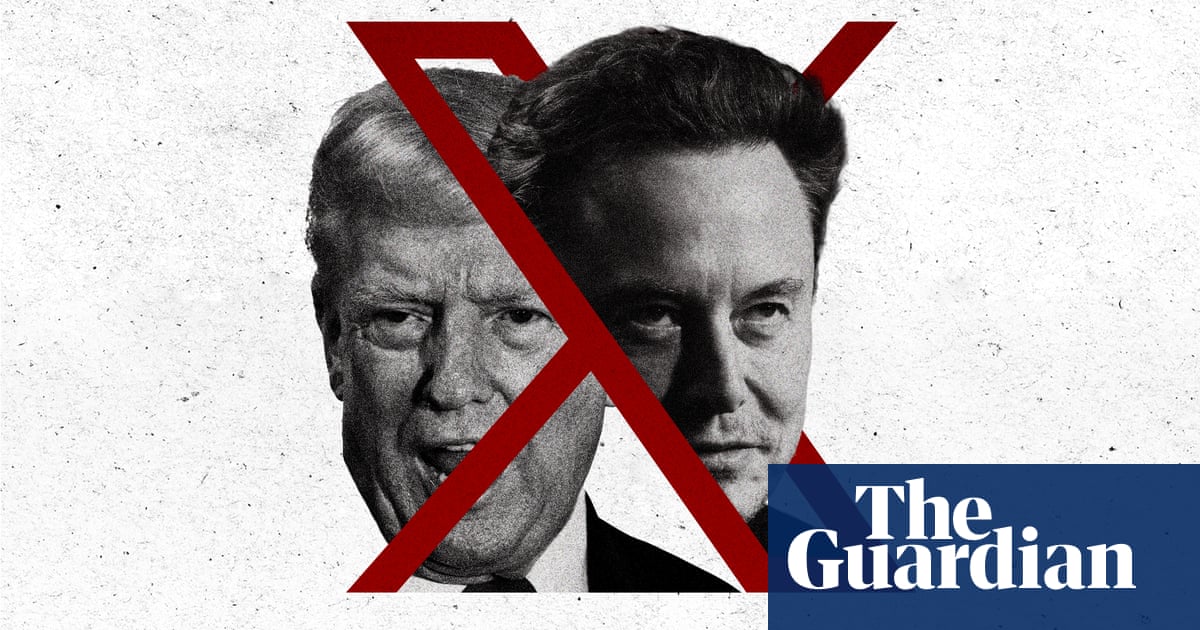I considered leaving Twitter as soon as Elon Musk acquired it in 2022, just not wanting to be part of a community that could be bought, least of all by a man like him – the obnoxious “long hours at a high intensity” bullying of his staff began immediately. But I’ve had some of the most interesting conversations of my life on there, both randomly, ambling about, and solicited, for stories: “Anyone got catastrophically lonely during Covid?”; “Anyone hooked up with their secondary school boy/girlfriend?” We used to call it the place where you told the truth to strangers (Facebook was where you lied to your friends), and that wide-openness was reciprocal and gorgeous.
“Twitter has broken the mould,” Mulhall says. “It’s ostensibly a mainstream platform which now has bespoke moderation policies. Elon Musk is himself inculcated with radical right politics. So it’s behaving much more like a bespoke platform, created by the far right. This marks it out significantly from any other platform. And it’s extremely toxic, an order of magnitude worse, not least because, while it still has terms of service, they’re not necessarily implementing them.”
Global civil society, though, finds it incredibly difficult to reject the free speech argument out of hand, because the alternative is so dark: that a number of billionaires – not just Musk but also Thiel with Rumble, Parler’s original backer, Rebekah Mercer (daughter of Robert Mercer, funder of Breitbart), and, indirectly, billionaire sovereign actors such as Putin – are successfully changing society, destroying the trust we have in each other and in institutions. It’s much more comfortable to think they’re doing that by accident, because they just love “free speech”, than that they’re doing that on purpose. “Part of understanding the neo-reactionary and ‘dark enlightenment’ movements, is that these individuals don’t have any interest in the continuation of the status quo,”



No.
Move to Mastodon.
hmmm I wonder if that is considered in the thousands of words of this article…
Society’s modern artificially induced ADHD on display here. Anybody remember when websites were all static and didn’t dynamically change at all?
CGI was a pretty early invention, so you would have had to be on the Web very early indeed to remember when it was entirely static. Main difference between the server-side era and now was that the usual way for pages to show changes back then was to autotrigger the browser’s reload mechanism after a fixed time.
Correct. My first web browser was Mosaic. I was using it on my Dad’s PC in 1994 at 12 years old.
Imagine not having 70,000 followers. Fate worse then death.
The purpose of twitter like platforms is to have people to listen to and people to listen to you, so yes vastly lower user counts is a drawback.
It’s the chicken and egg problem. People don’t move to Mastodon because there are less users and there are less users because people don’t move.
However if someone consumes less social media because there are “less people making noise”, I consider that a good thing.